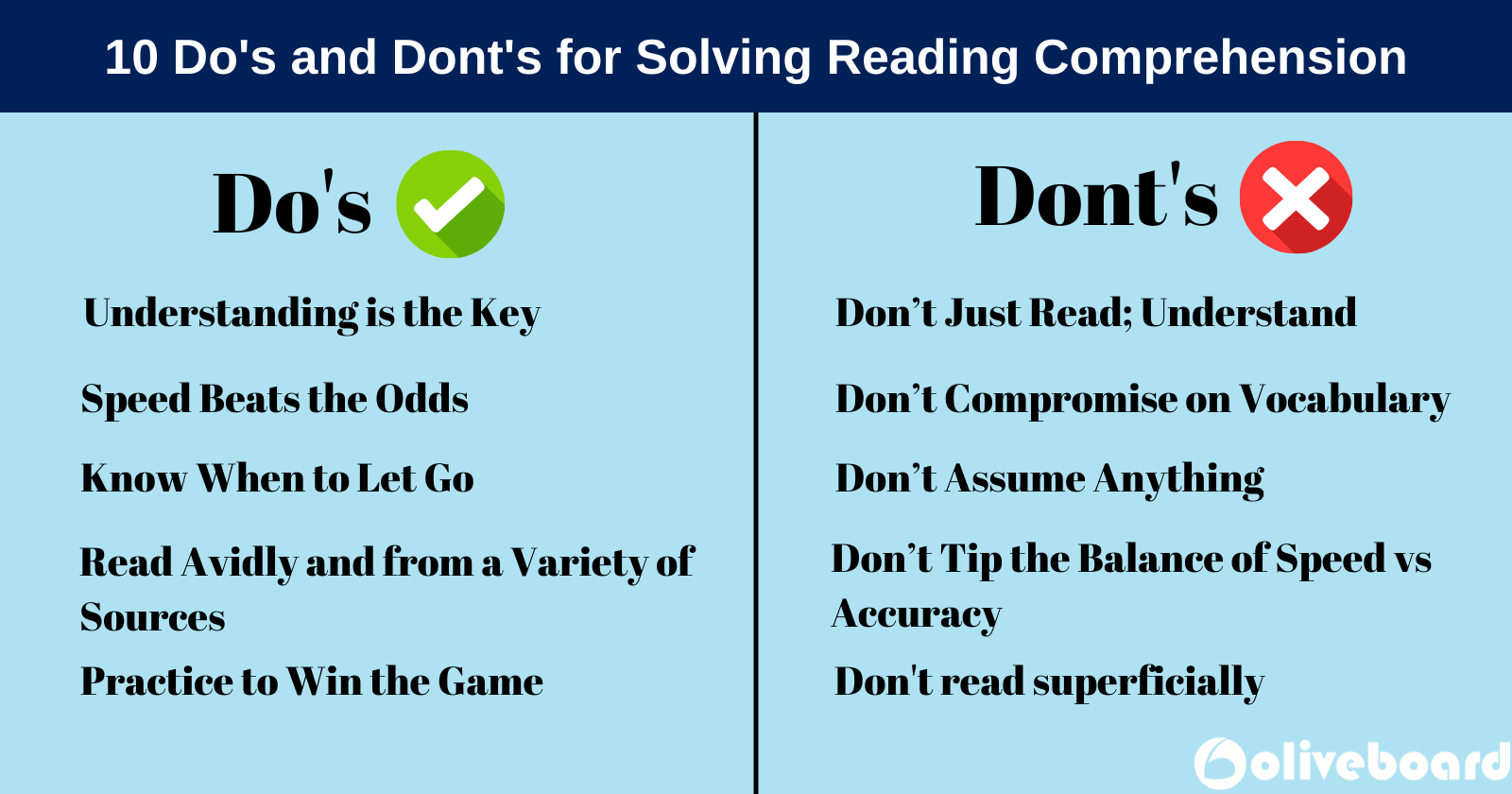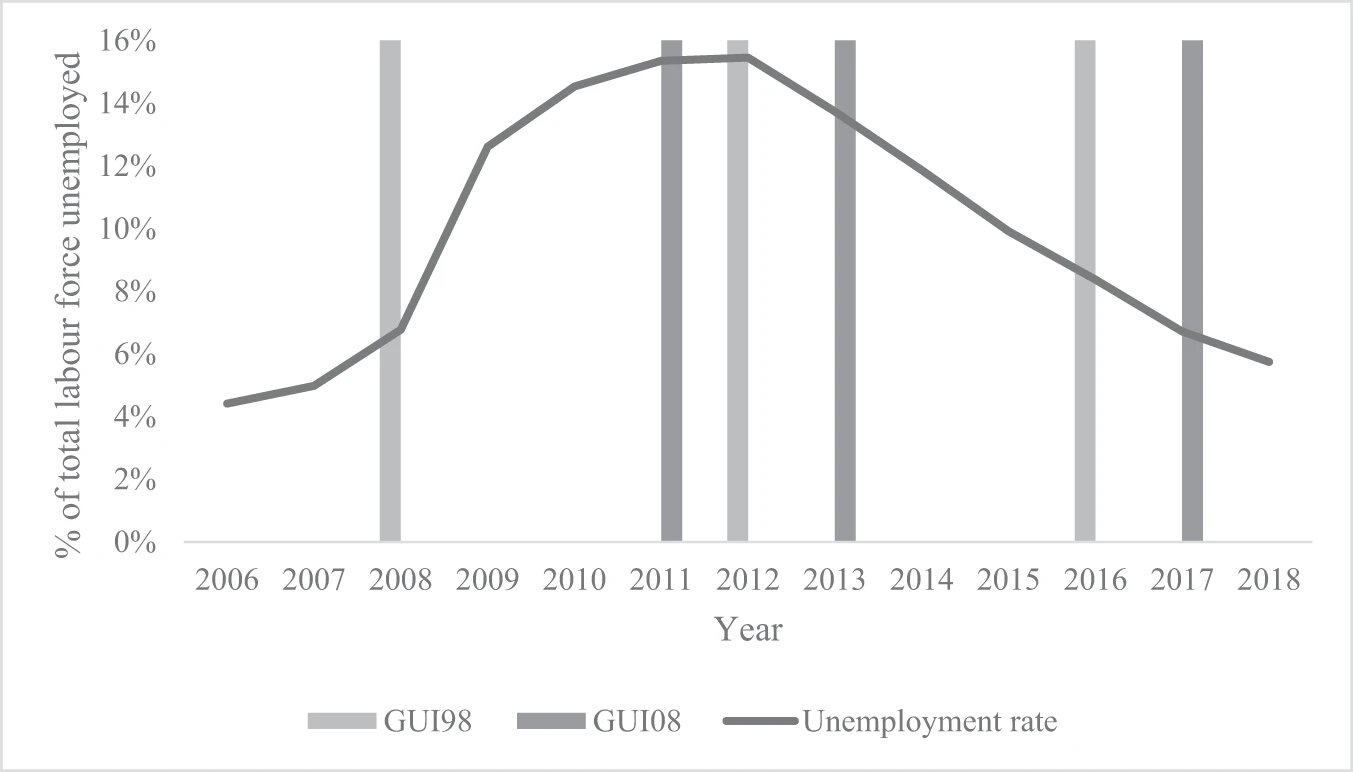Crack The Code: 5 Do's And Don'ts For Private Credit Job Success

Table of Contents
DO: Network Strategically within the Private Credit Industry
The private credit industry thrives on relationships. Building a strong network is crucial for uncovering hidden job opportunities and gaining valuable insights.
Leverage LinkedIn:
- Actively engage with industry professionals by liking, commenting, and sharing relevant content. This shows you're actively involved in the private credit community.
- Join relevant LinkedIn groups, such as those focused on alternative lending, private debt, or credit underwriting. Participate in discussions to demonstrate your expertise and network with like-minded individuals.
- Follow key players and companies in private credit. Stay updated on industry news and announcements, showcasing your interest and commitment.
- Tailor your LinkedIn profile to highlight your private credit experience and skills using keywords such as "financial modeling," "credit risk assessment," and "due diligence." Quantify your achievements whenever possible.
Attend Industry Events:
- Conferences, seminars, and networking events focused on private credit, alternative lending, and investment banking provide invaluable opportunities to meet potential employers and learn about industry trends.
- Prepare talking points highlighting your private credit knowledge and career goals. Practice your elevator pitch and be ready to articulate your value proposition concisely.
- Follow up with connections made at these events promptly. Send a personalized email referencing your conversation and expressing continued interest.
Informational Interviews:
- Reach out to professionals in private credit for informational interviews. These conversations offer unique insights into their career paths and the industry landscape.
- Prepare thoughtful questions demonstrating your interest in the field. Ask about their experiences, challenges, and advice for aspiring credit analysts.
- Express your genuine desire to learn more about their career path and the private credit industry. This shows your passion and commitment.
DON'T: Neglect the Fundamentals of Credit Analysis
A strong foundation in credit analysis is non-negotiable for success in private credit. Failing to master these fundamentals will significantly hinder your job prospects.
Master Financial Modeling:
- Demonstrate proficiency in financial modeling using Excel. This is a cornerstone skill for any credit analyst or underwriter in private debt.
- Understand key financial ratios and their implications for credit risk assessment. This includes metrics like leverage ratios, coverage ratios, and liquidity ratios.
- Practice building robust and accurate financial models. Your ability to build reliable models will be tested during the interview process.
Underestimate Credit Risk Assessment:
- Develop a strong understanding of credit risk analysis methodologies. Familiarize yourself with different approaches, including qualitative and quantitative methods.
- Familiarize yourself with various credit scoring models and their limitations. Understand the strengths and weaknesses of different models and when to apply them.
- Understand the different types of credit risk (default, liquidity, interest rate, etc.). A holistic understanding of credit risk is crucial in private credit.
Ignore Industry Knowledge:
- Stay up-to-date on industry trends and regulations impacting private credit. Read industry publications, follow reputable financial news sources, and attend webinars.
- Read industry publications and research reports from firms like S&P Global Ratings and Moody's. This keeps you abreast of market dynamics and regulatory changes.
- Understand the differences between various private credit strategies (e.g., direct lending, mezzanine financing, distressed debt). Each strategy has unique risk and return characteristics.
DO: Craft a Targeted Resume and Cover Letter
Your resume and cover letter are your first impression. Make them count.
Highlight Relevant Skills:
- Showcase your experience in areas like financial modeling, credit analysis, and due diligence. Use action verbs and quantify your achievements.
- Quantify your achievements whenever possible to demonstrate impact. Instead of "Improved efficiency," say "Improved efficiency by 15% through process automation."
- Use keywords relevant to private credit job descriptions. Tailor your resume to match the specific keywords used in the job postings.
Tailor to Each Application:
- Customize your resume and cover letter to match the specific requirements of each job description. Generic applications rarely succeed.
- Research the company and the role to understand their priorities. Highlight your skills and experience that align with their specific needs and goals.
- Showcase how your skills and experience align with their needs. Explain how your past successes translate to success in their specific environment.
Proofread Meticulously:
- Ensure your resume and cover letter are free of grammatical errors and typos. Errors reflect poorly on your attention to detail.
- Have a trusted friend or professional review your application materials. A fresh pair of eyes can catch mistakes you may have missed.
DON'T: Underprepare for the Interview Process
The interview process is your opportunity to shine. Thorough preparation is key.
Practice Behavioral Questions:
- Prepare answers to common behavioral interview questions (e.g., "Tell me about a time you failed"). Use the STAR method (Situation, Task, Action, Result) to structure your responses.
- Use the STAR method (Situation, Task, Action, Result) to structure your responses. This provides a clear and concise narrative.
- Practice your answers out loud to improve your delivery. This helps you sound natural and confident during the actual interview.
Neglect Technical Questions:
- Be prepared to answer technical questions related to financial modeling, credit analysis, and private credit strategies. Brush up on your fundamental accounting and finance knowledge.
- Review relevant concepts and formulas before the interview. This ensures you can confidently discuss financial statements and key ratios.
- Demonstrate your problem-solving skills by working through sample scenarios. Practice solving case studies or hypothetical credit assessment problems.
Forget to Ask Questions:
- Prepare insightful questions to ask the interviewer about the role, the company, and the team. This demonstrates your interest and initiative.
- Asking thoughtful questions shows your interest and engagement. It also allows you to gather more information about the company and the team.
DO: Follow Up After the Interview
A timely and professional follow-up reinforces your interest and professionalism.
Send a Thank You Note:
- Send a personalized thank-you email within 24 hours of the interview. Reiterate your interest and highlight key discussion points.
- Reiterate your interest in the role and highlight key discussion points. This shows you were paying attention and are genuinely interested.
- Express your gratitude for their time and consideration. Professional courtesy goes a long way.
Maintain Communication:
- If you haven’t heard back within the expected timeframe, follow up politely. A single, well-timed reminder is acceptable, but avoid being overly persistent.
Conclusion
Securing a job in private credit demands a strategic approach. By following these do's and don'ts – mastering the fundamentals of credit analysis, networking effectively, crafting a compelling application, and preparing thoroughly for interviews – you significantly increase your chances of success. Remember to leverage your network, showcase your skills, and stay persistent in your job search within the private credit sector, whether it be in private debt, alternative lending, or credit underwriting. Don't let the complexities of the private credit job market discourage you; crack the code and land your dream role in private credit!

Featured Posts
-
 Porsche Atidare Nauja Elektromobiliu Ikrovimo Stoti Europoje
May 24, 2025
Porsche Atidare Nauja Elektromobiliu Ikrovimo Stoti Europoje
May 24, 2025 -
 Guccis New Creative Director Demna Gvasalias Vision
May 24, 2025
Guccis New Creative Director Demna Gvasalias Vision
May 24, 2025 -
 Porsche Indonesia Classic Art Week 2025 Perayaan Seni Dan Otomotif
May 24, 2025
Porsche Indonesia Classic Art Week 2025 Perayaan Seni Dan Otomotif
May 24, 2025 -
 Demna Gvasalia And Gucci A Partnership Redefining Luxury
May 24, 2025
Demna Gvasalia And Gucci A Partnership Redefining Luxury
May 24, 2025 -
 Reassessing News Corp Underappreciated Value And Potential Growth
May 24, 2025
Reassessing News Corp Underappreciated Value And Potential Growth
May 24, 2025
Latest Posts
-
 Babalarin En Cok Yaktigi Erkek Burclari Guevenilir Calkantili Ve Sadik Midirlar
May 24, 2025
Babalarin En Cok Yaktigi Erkek Burclari Guevenilir Calkantili Ve Sadik Midirlar
May 24, 2025 -
 En Az Harcayan 3 Burc Maddi Guevenligin Sirri
May 24, 2025
En Az Harcayan 3 Burc Maddi Guevenligin Sirri
May 24, 2025 -
 Financial Strain Leads To Increased Auto Theft In Canada A Growing Concern
May 24, 2025
Financial Strain Leads To Increased Auto Theft In Canada A Growing Concern
May 24, 2025 -
 Paradan Tasarruf Etmeyi Seven 3 Burc Oezellikleri Ve Ipuclari
May 24, 2025
Paradan Tasarruf Etmeyi Seven 3 Burc Oezellikleri Ve Ipuclari
May 24, 2025 -
 Rising Living Costs Force Canadians To Compromise On Vehicle Security
May 24, 2025
Rising Living Costs Force Canadians To Compromise On Vehicle Security
May 24, 2025
